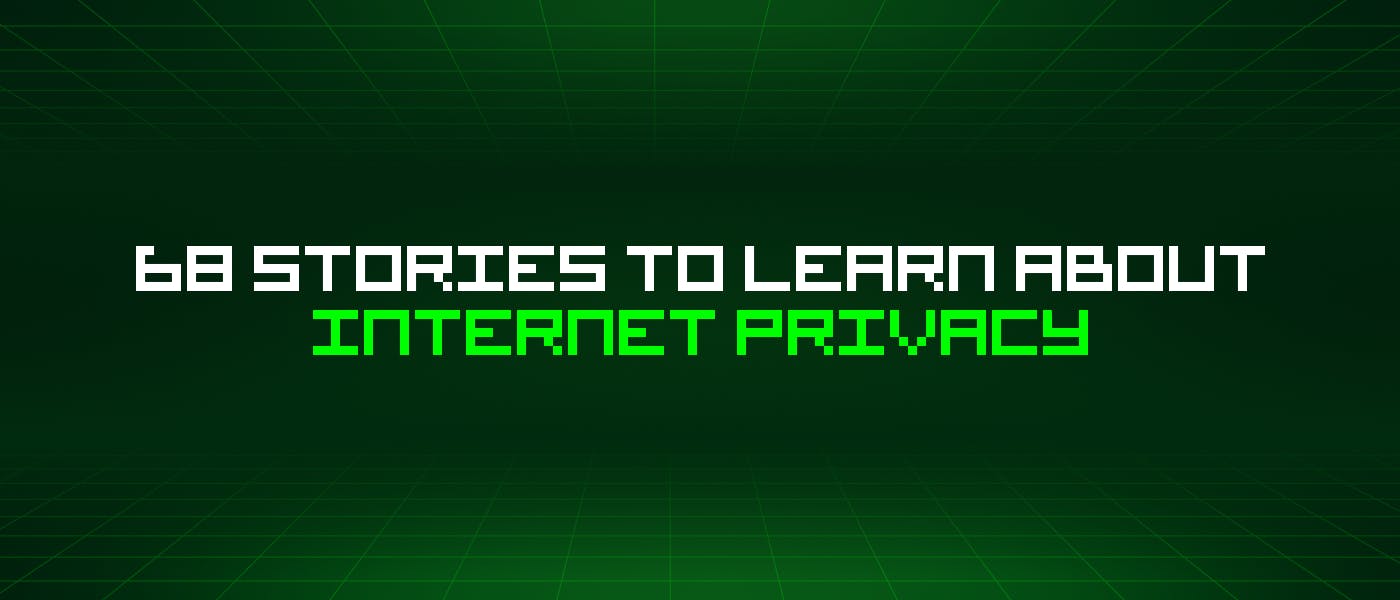Let's learn about Internet Privacy via these 68 free stories. They are ordered by most time reading created on HackerNoon. Visit the /Learn Repo to find the most read stories about any technology.
1. Simple Steps to Follow in Order to Ensure Greater Personal Internet Privacy
 An easy guide to getting started with online privacy.
An easy guide to getting started with online privacy.
2. 4 Ways to Upgrade the Privacy of Your Home Wi-Fi Network
 It doesn’t take a tech degree to make your personal Wi-Fi inaccessible to unwanted cyber snoops.
It doesn’t take a tech degree to make your personal Wi-Fi inaccessible to unwanted cyber snoops.
3. Towards a Divine Understanding of Web3: The Death of Corporate Commercialism
 Corporations as we know them are going extinct. But the world is losing nothing and gaining everything in the process.
Corporations as we know them are going extinct. But the world is losing nothing and gaining everything in the process.
4. Contributing to Open Source Privacy Projects is Easier Than You Think
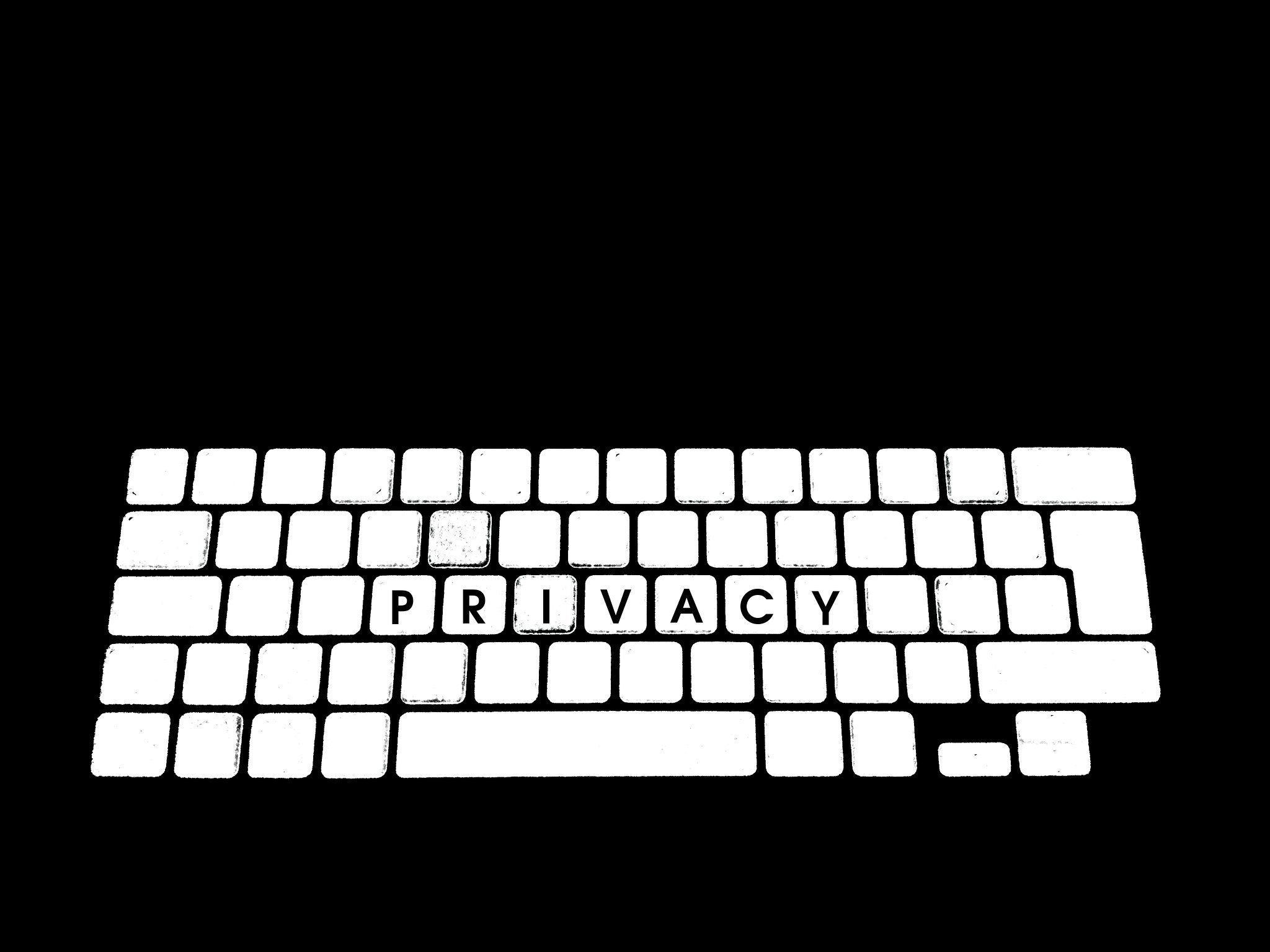 I am sure that feel bored with your work from time to time. See how to solve it with a simple lifehack: Contribute to a privacy-related project.
I am sure that feel bored with your work from time to time. See how to solve it with a simple lifehack: Contribute to a privacy-related project.
5. Miss O and Friends: Helping Girls Across the Globe to Find their Voices
 Miss O and Friends is a no-bully, non-toxic, place for girls to make friends, get great advice, read blogs from girls, and get published!
Miss O and Friends is a no-bully, non-toxic, place for girls to make friends, get great advice, read blogs from girls, and get published!
6. The Importance of Message Authentication Code in SSL/TLS
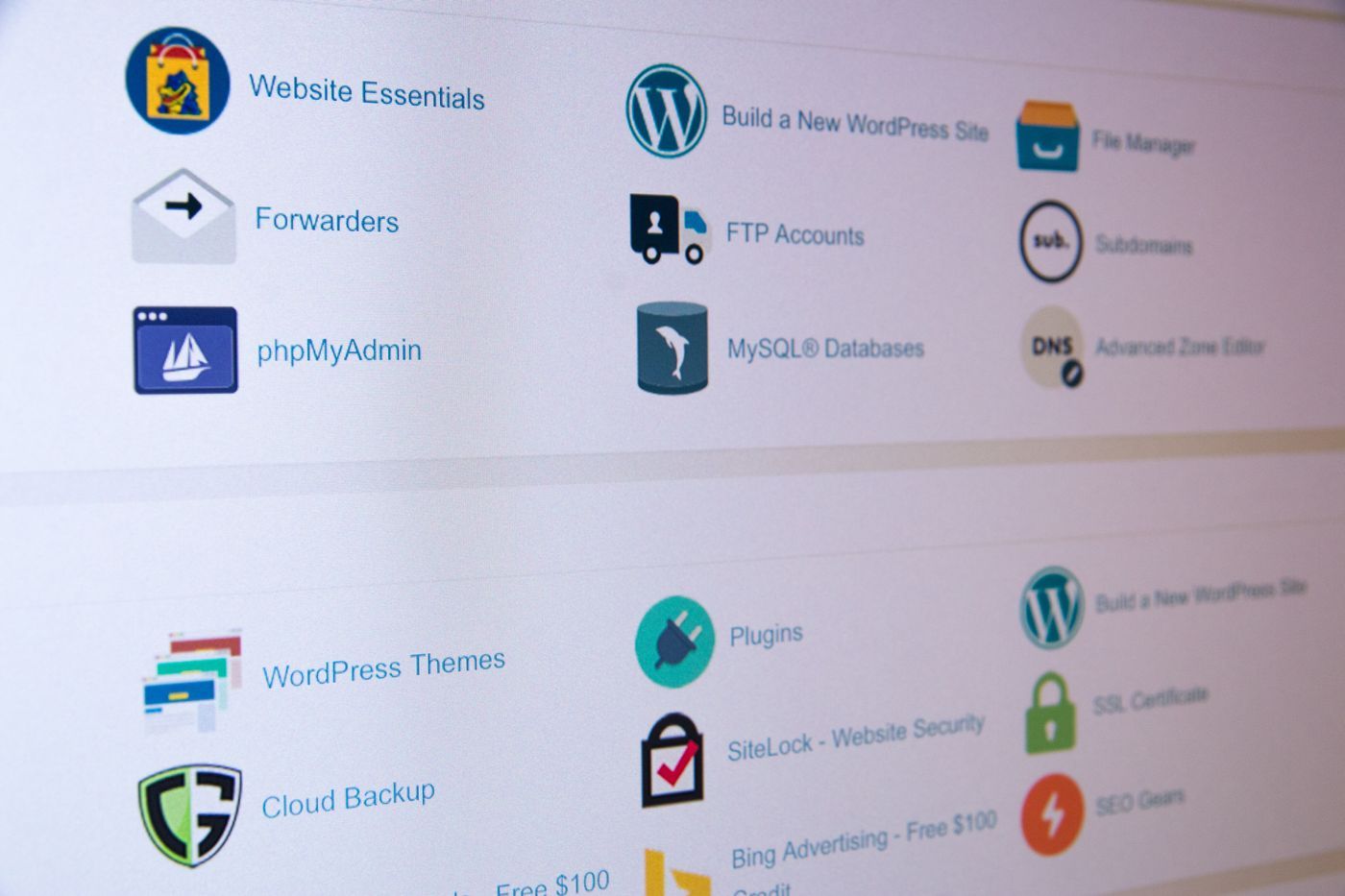 Transport Layer Security, better known as SSL/TLS, is an encryption protocol designed to offer secure communications over the internet to improve user privacy.
Transport Layer Security, better known as SSL/TLS, is an encryption protocol designed to offer secure communications over the internet to improve user privacy.
7. The Facebook Business Model Might Die
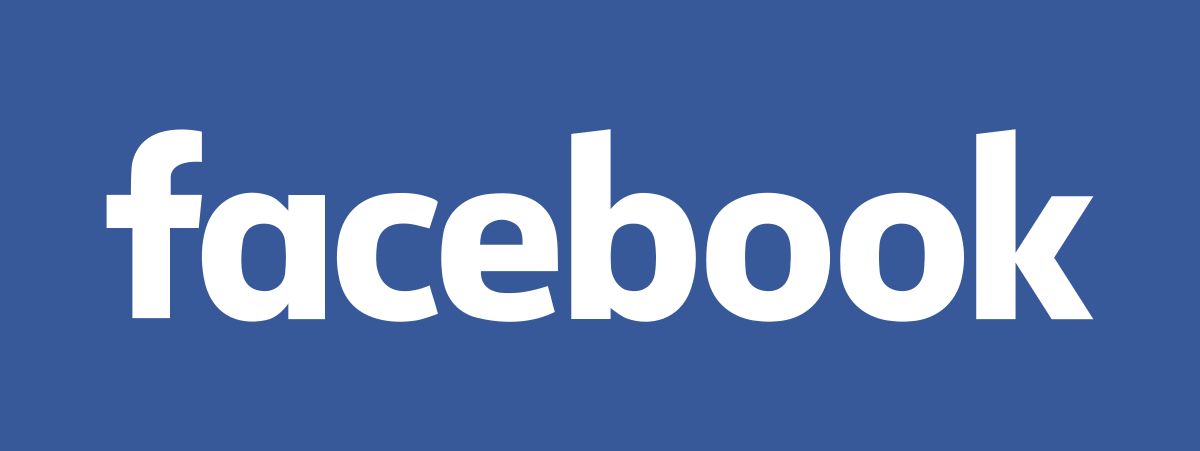 This article is in reply to "How Much Internet Regulation Does Facebook Support?"
This article is in reply to "How Much Internet Regulation Does Facebook Support?"
8. How to Not Be a Victim to the Catfishing Pandemic Spike
 Catfishing happens everyday, and the pandemic greatly accelerated the number of catfishing victims. Here's how to not be one of them.
Catfishing happens everyday, and the pandemic greatly accelerated the number of catfishing victims. Here's how to not be one of them.
9. What Is DNS and Why You Should Control It
 A brief explanation of how DNS works, modern secure DNS protocols and how Control D service helps you control your Internet experience.
A brief explanation of how DNS works, modern secure DNS protocols and how Control D service helps you control your Internet experience.
10. Maintain Anonymity Online With These 3 Actionable Steps
 The classic idea of the Internet is a virtual place where free speech and anonymity is possible; that has evolved. Here are 3 tips to maintain anonymity online.
The classic idea of the Internet is a virtual place where free speech and anonymity is possible; that has evolved. Here are 3 tips to maintain anonymity online.
11. 5 Ways to Ensure You Aren’t Sharing Your Workplace Data
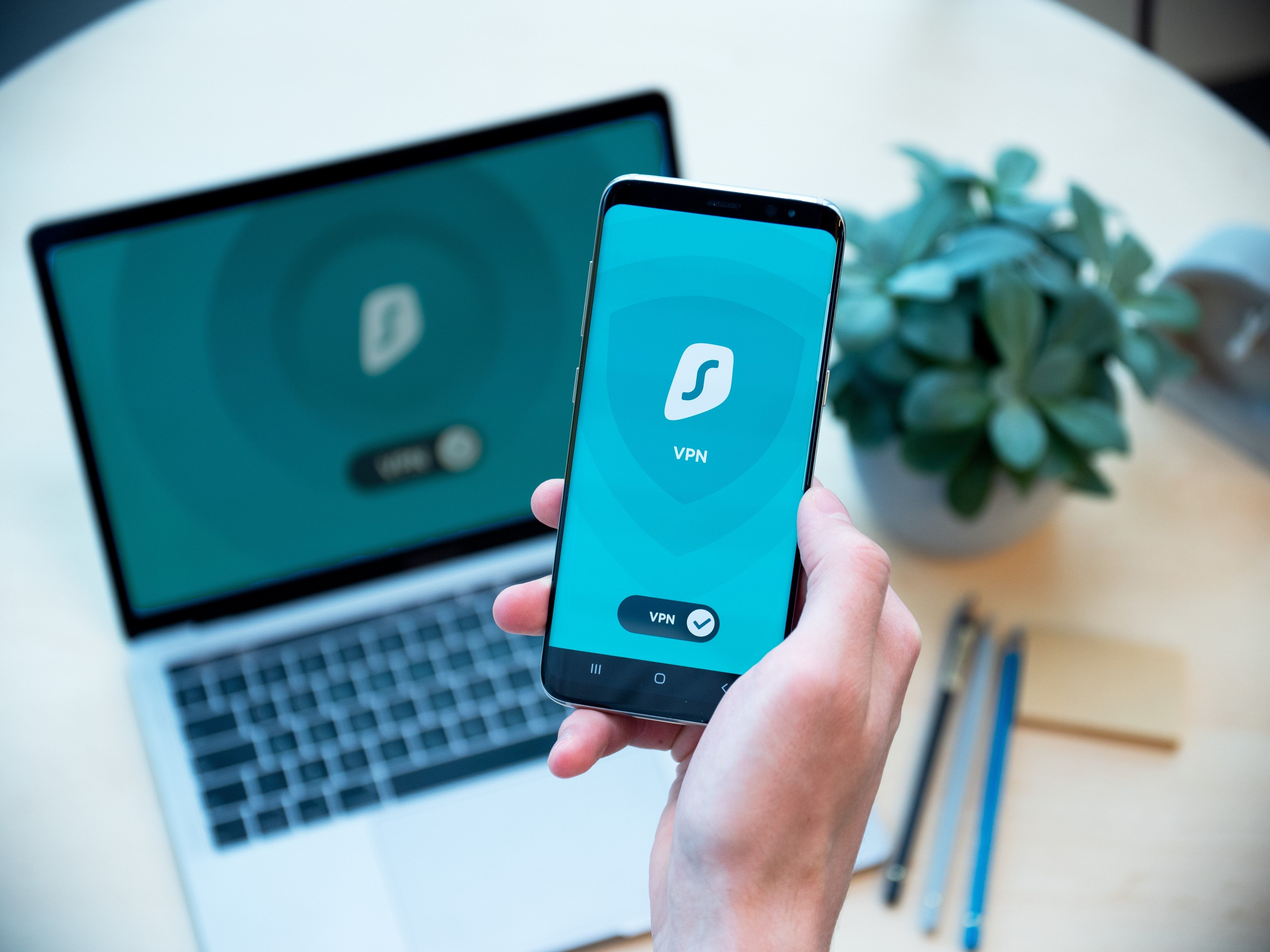 With so much of our lives online, it's too easy for us to make a mistake and accidentally share our workplace data. These easy methods keep your data safe.
With so much of our lives online, it's too easy for us to make a mistake and accidentally share our workplace data. These easy methods keep your data safe.
12. 6 Privacy Tips for Beginners To Help Sail Through The Lockdown
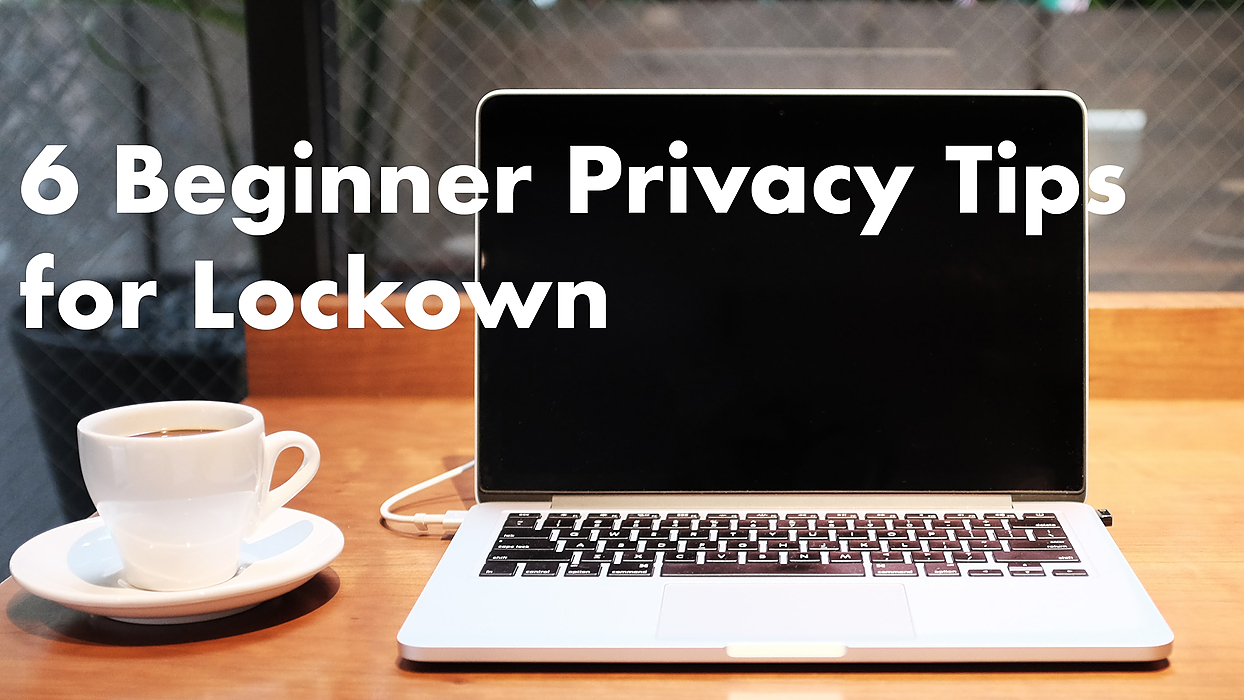 Over a third of the world is in lockdown; now is the perfect excuse to sort out your privacy. Here are my 6 tips:
Over a third of the world is in lockdown; now is the perfect excuse to sort out your privacy. Here are my 6 tips:
13. Data Privacy is Becoming More Important for Users in 2022
 A look at how data privacy is becoming more important for users in 2022
A look at how data privacy is becoming more important for users in 2022
14. Before and After the Internet

15. Is Google Actually an Evil Corporation?
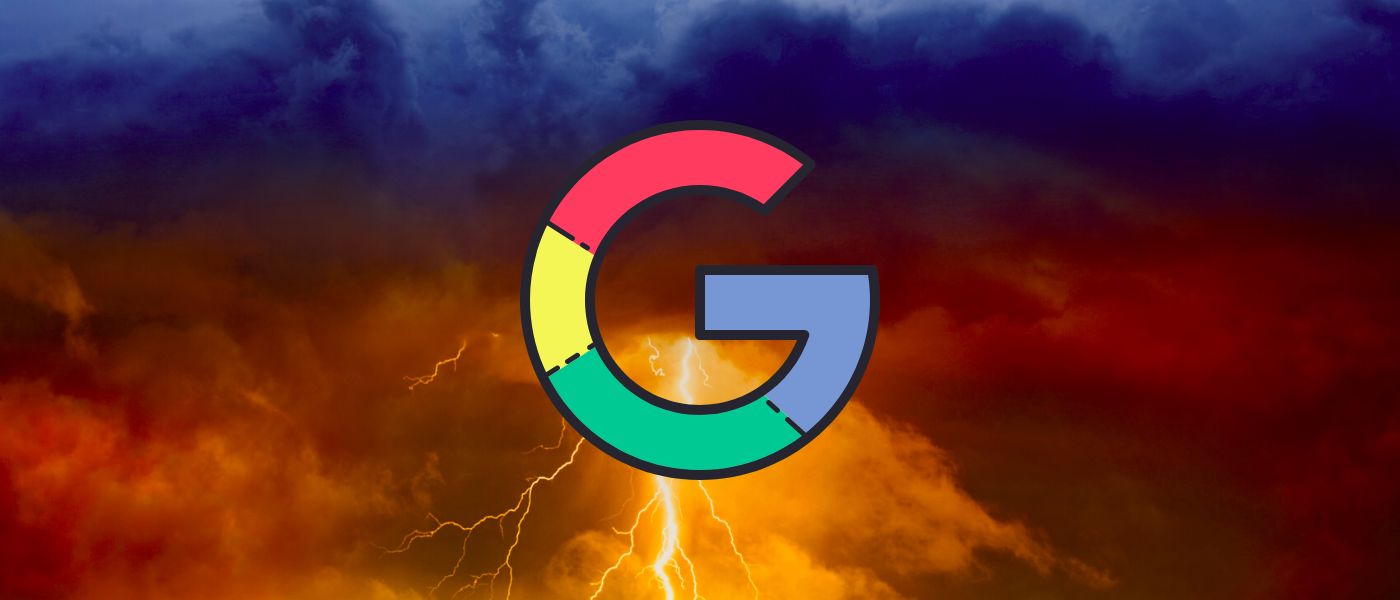 When asked about Google, there has been a lot to say over the years. Google done some things right, and seemingly some things very wrong. As far as conspiracies go, Google does seem to have a CIA connection (see video below). This even roots back to potential government research, and missing gaps on how they have been funded in the early stage.
When asked about Google, there has been a lot to say over the years. Google done some things right, and seemingly some things very wrong. As far as conspiracies go, Google does seem to have a CIA connection (see video below). This even roots back to potential government research, and missing gaps on how they have been funded in the early stage.
16. The State Of Data Privacy In 2020
 In 2020, there will be just one thing considered to be more important than product quality for consumers: data privacy. By this I refer not to user-controlled measures to add extra security for internet users, from the most classic one-time password, or two-factor authentication, to the most secure multi-factor authentication methods: but data privacy measures implemented by companies to ensure that peoples’ personal data is protected - no matter what.
In 2020, there will be just one thing considered to be more important than product quality for consumers: data privacy. By this I refer not to user-controlled measures to add extra security for internet users, from the most classic one-time password, or two-factor authentication, to the most secure multi-factor authentication methods: but data privacy measures implemented by companies to ensure that peoples’ personal data is protected - no matter what.
17. Meet the Writer: OneRep CEO Dimitri Shelest on Writing and Online Privacy
 OneRep CEO and Hackernoon contributor Dimitri Shelest shares his views on online privacy, his entrepreneurship experience, and the reasons that made him write.
OneRep CEO and Hackernoon contributor Dimitri Shelest shares his views on online privacy, his entrepreneurship experience, and the reasons that made him write.
18. What Is the Best Browser for Your Privacy?
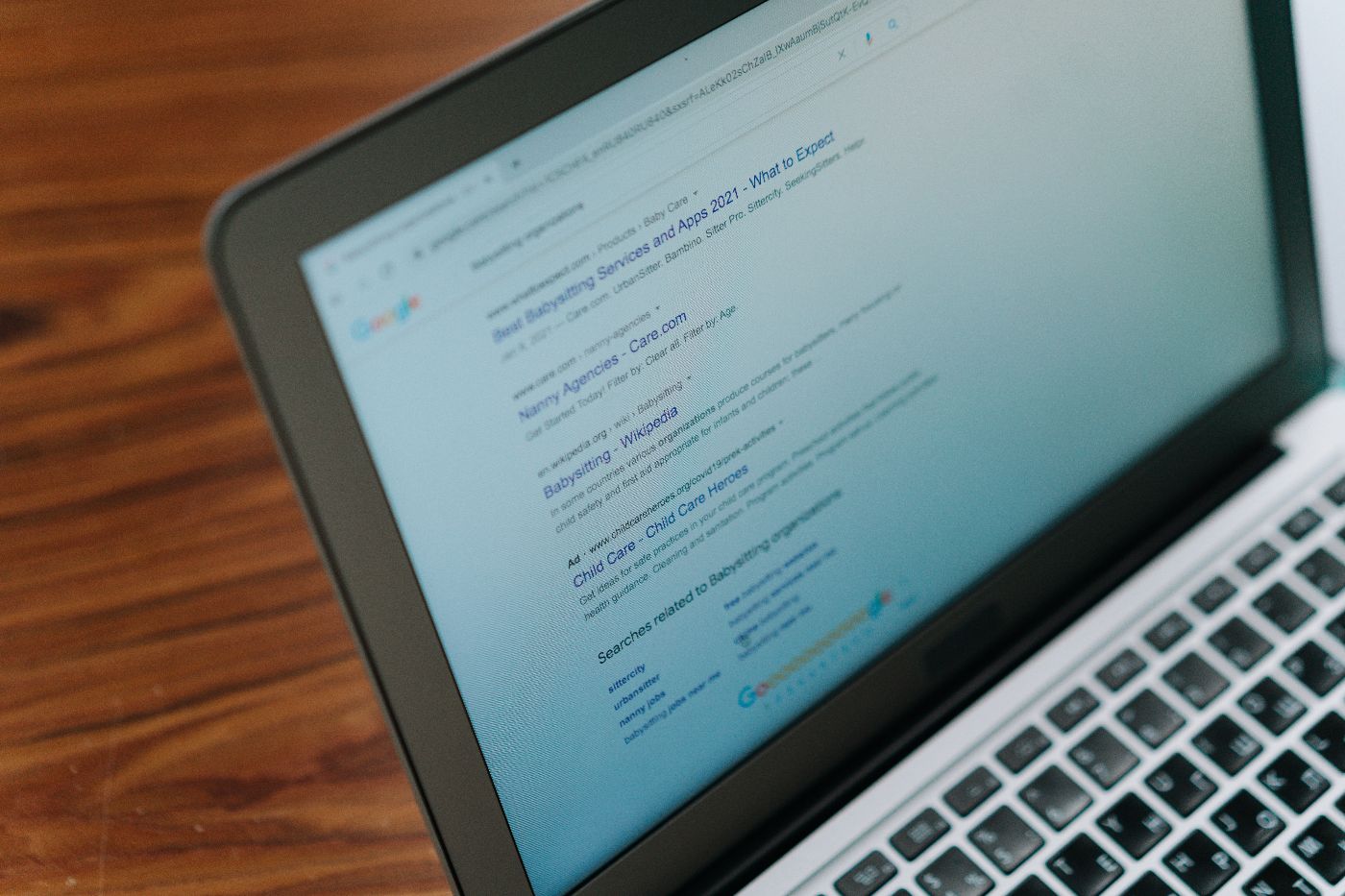 How to pick out the right web browser when you're focused on privacy and functionality.
How to pick out the right web browser when you're focused on privacy and functionality.
19. Is There A Middle Ground Between Privacy and Convenience?
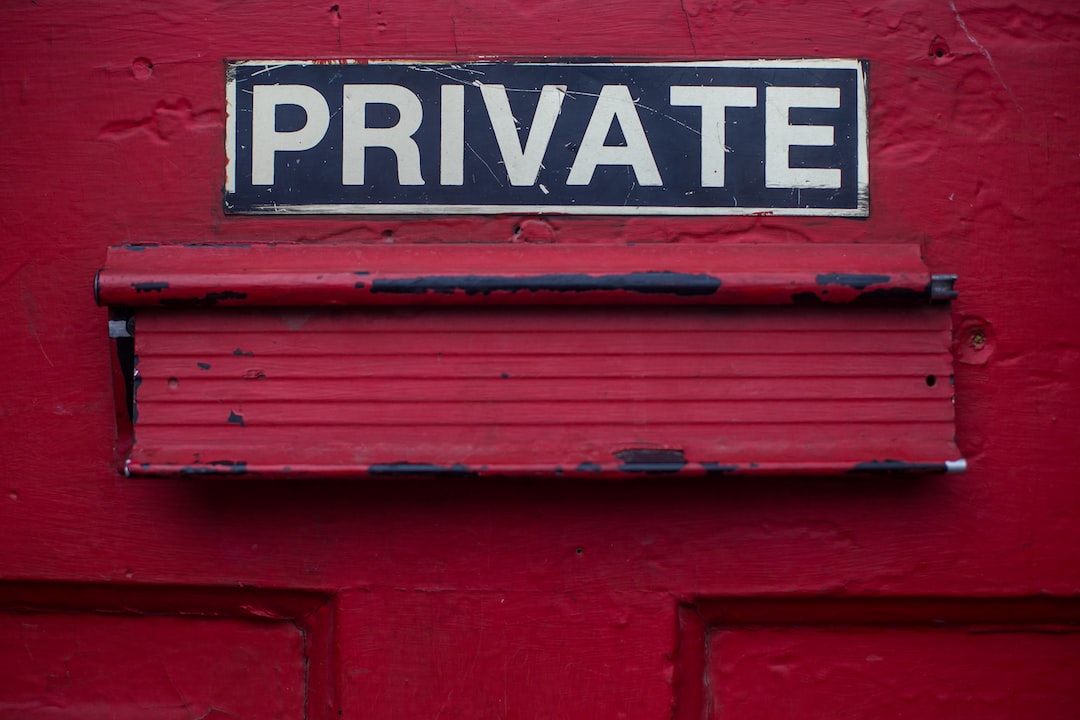
20. OSINT: What You Can Find About a Person from Public Sources
 The range of OSINT applications is limited only to your imagination: from background checks on business partners to reuniting with long-lost relatives
The range of OSINT applications is limited only to your imagination: from background checks on business partners to reuniting with long-lost relatives
21. 7 Reasons Why Everyone Should Use a VPN
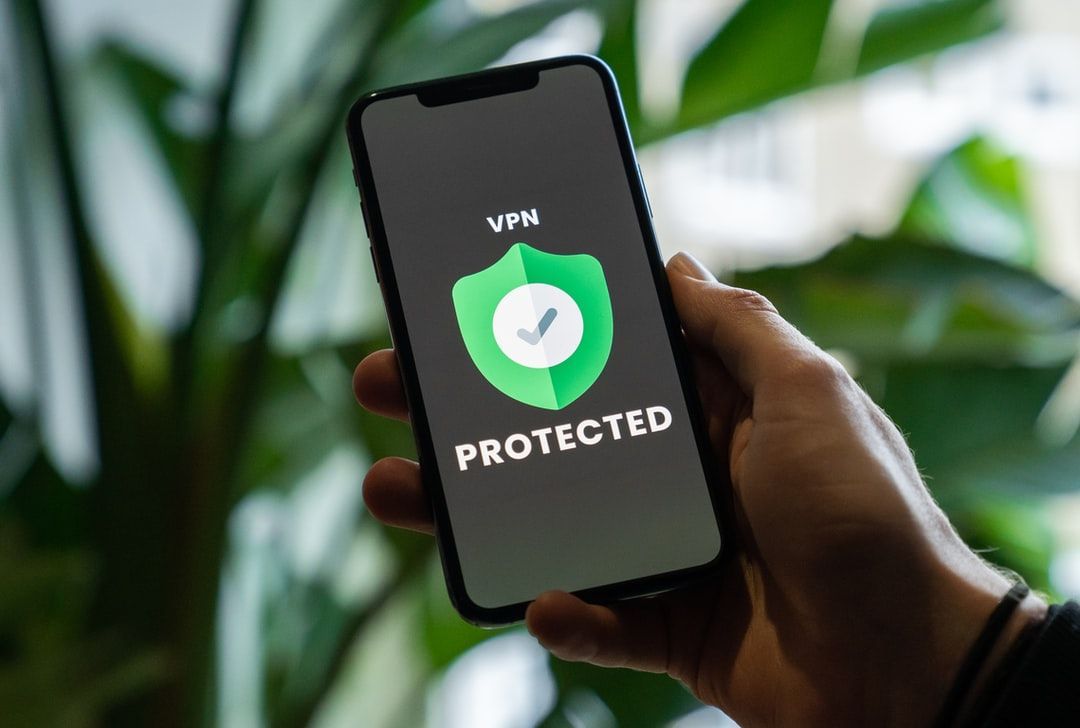 A VPN can do so much more than giving you access to geo-restricted content. Check out why everyone should use a VPN.
A VPN can do so much more than giving you access to geo-restricted content. Check out why everyone should use a VPN.
22. The Get Away From Google Guide
 If you want to to get away from Google and Big Tech these applications are what you will need
If you want to to get away from Google and Big Tech these applications are what you will need
23. Why a Privacy-First Ad Approach Promises a Better Future for All
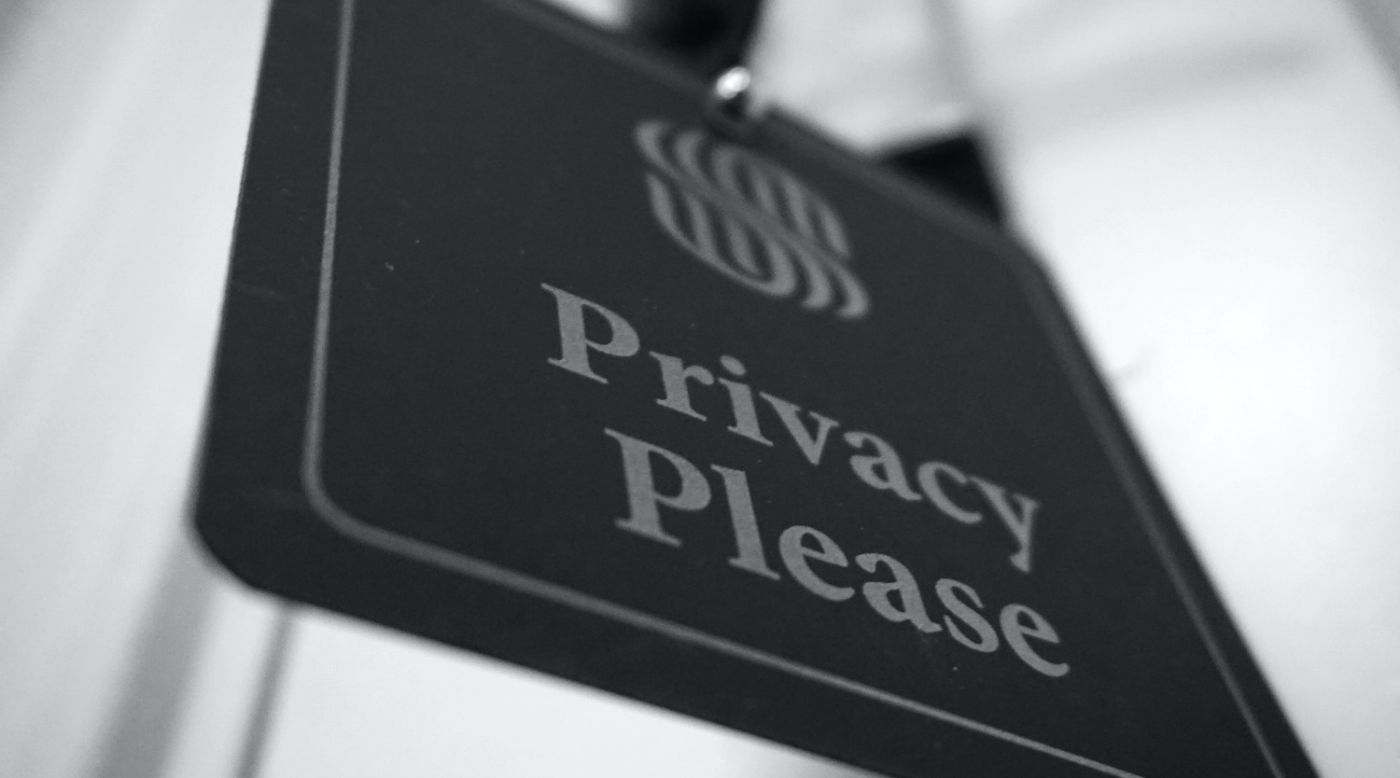 A privacy-driven future is coming. Is your ad business ready?
A privacy-driven future is coming. Is your ad business ready?
24. Why are Decentralized Messengers Better than Centralized Messengers?
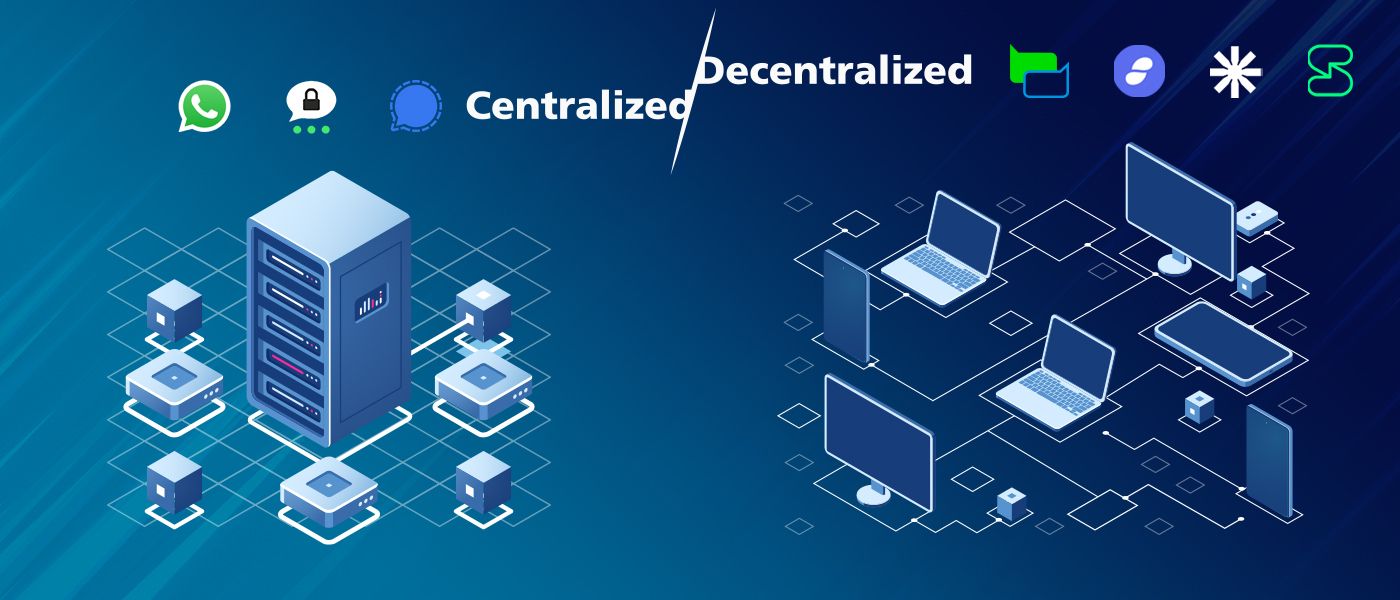 We are using centralized applications and losing our privacy. If you care about privacy and web3, try to consider switching to decentralized messengers.
We are using centralized applications and losing our privacy. If you care about privacy and web3, try to consider switching to decentralized messengers.
25. Have You Been the Victim of an Online Attack? Here's How to Take Action
 1 in every 3 Americans suffers from an online attack each year; a rate of about one attack every 39 seconds. It results in scams, fraud, and emotional trauma.
1 in every 3 Americans suffers from an online attack each year; a rate of about one attack every 39 seconds. It results in scams, fraud, and emotional trauma.
26. Are Private Search Engines Truly Private?
 As of January 2020, 59% of the global population is connected to the internet.
As of January 2020, 59% of the global population is connected to the internet.
27. Organize and Protect Your Online Data
 Online security is a vitally important consideration in this day and age. From doxxing to ransomware to identity theft, hacking online accounts is one of the most popular ways for the modern criminal makes his living. Keeping your online data organized and secure can take many forms, but it's not really an optional safety measure anymore. You must do all you can to protect your online data. Here are a few options for how to achieve that goal.
Online security is a vitally important consideration in this day and age. From doxxing to ransomware to identity theft, hacking online accounts is one of the most popular ways for the modern criminal makes his living. Keeping your online data organized and secure can take many forms, but it's not really an optional safety measure anymore. You must do all you can to protect your online data. Here are a few options for how to achieve that goal.
28. Protecting Your Online Privacy: 7 Simple Steps You Can Take Today
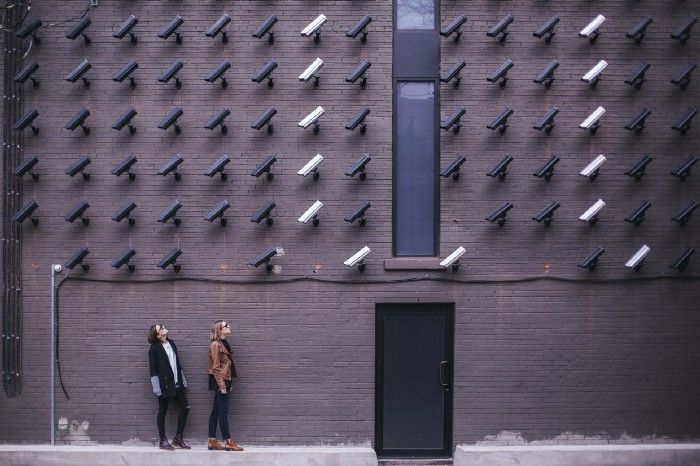 What people wish to share is their prerogative, yet to unconsciously give away your private information is very different to making an active choice.
What people wish to share is their prerogative, yet to unconsciously give away your private information is very different to making an active choice.
29. So Google broke the internet - but they have no one to blame but themselves
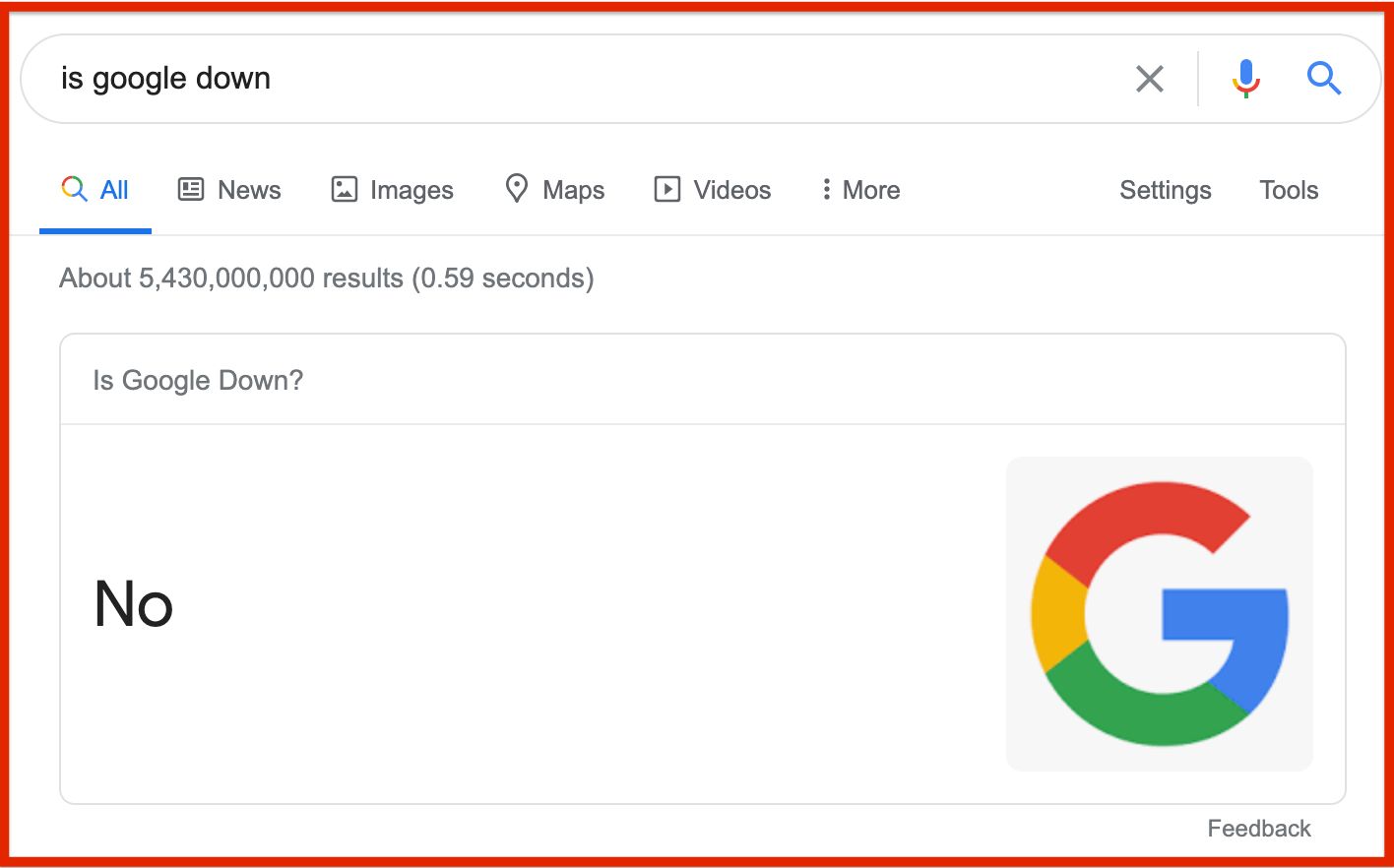 Thoughts on the Google Meltdown of 2020, and how Web 3.0 could make the internet “unbreakable”
Thoughts on the Google Meltdown of 2020, and how Web 3.0 could make the internet “unbreakable”
30. Anonymous Web Browser: A Guide on Anti-Detect Technology
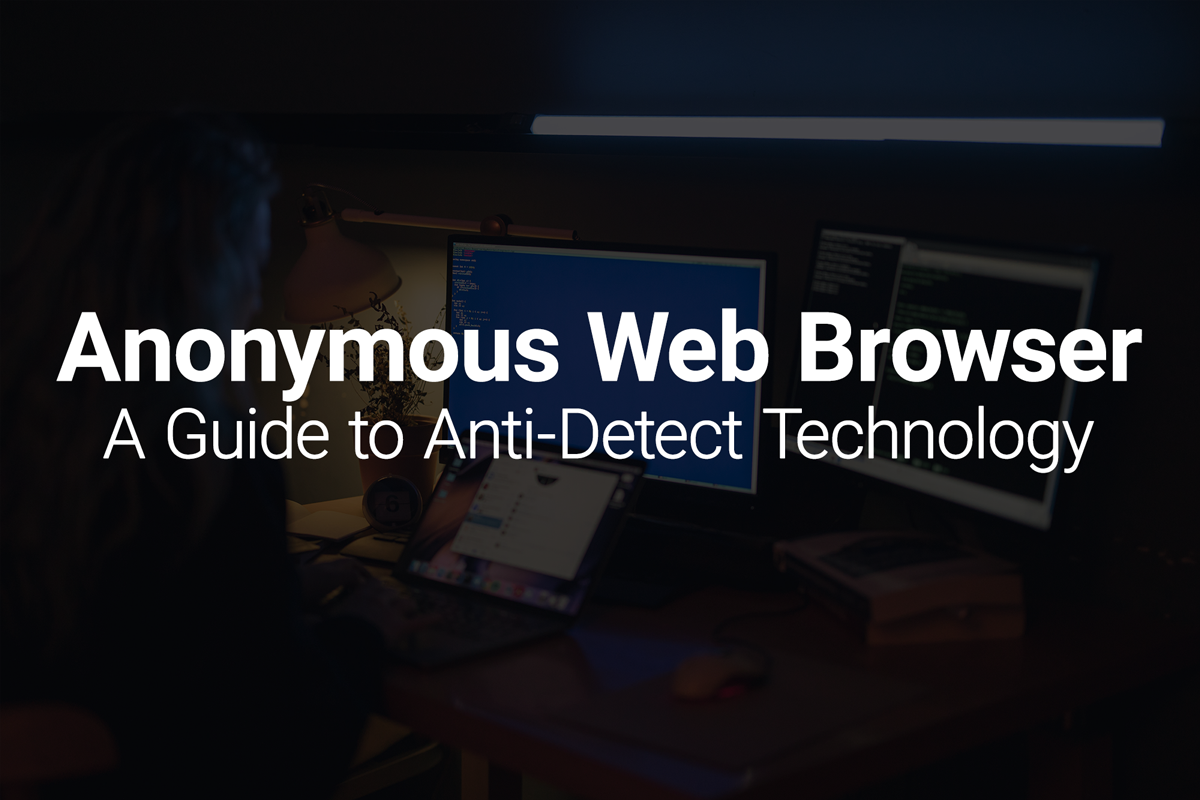 Learn how anonymous web browser works with the help of antidetect technology.
Learn how anonymous web browser works with the help of antidetect technology.
31. Here Is What You Need To Know About VPN For YouTube
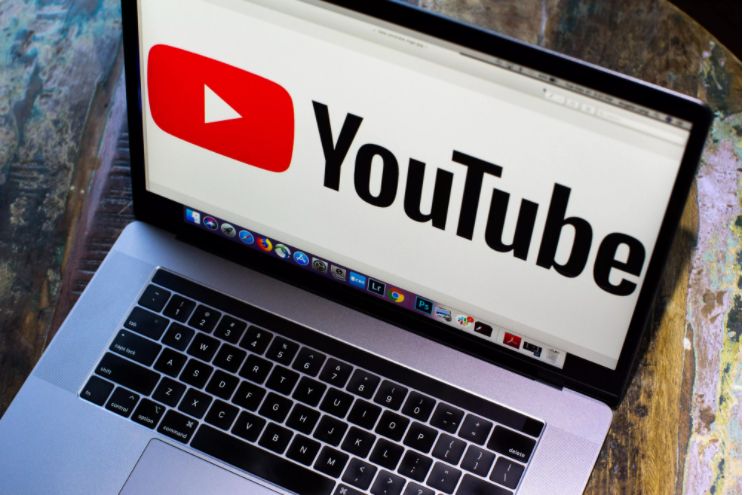 YouTube is one of the most popular social platforms that almost every one of us uses for several purposes, including learning and entertainment. Considering the rapidly increasing cyber-crime rate, almost all of us are in danger of any kind of privacy breach. However, one of the best ways to secure your data is to use a Virtual Private Network for accessing YouTube. VPN is necessary as it provides you with some control over how you are being identified online.
YouTube is one of the most popular social platforms that almost every one of us uses for several purposes, including learning and entertainment. Considering the rapidly increasing cyber-crime rate, almost all of us are in danger of any kind of privacy breach. However, one of the best ways to secure your data is to use a Virtual Private Network for accessing YouTube. VPN is necessary as it provides you with some control over how you are being identified online.
32. Finding The Privacy Balance - Is There Such Thing as Too Much Privacy?
 I've been a heavy advocate for using multiple tools and alternative services to protect your personal information for years. However, as I've seen people pile on one privacy tool after another I've realized that people have perhaps taken it too far.
I've been a heavy advocate for using multiple tools and alternative services to protect your personal information for years. However, as I've seen people pile on one privacy tool after another I've realized that people have perhaps taken it too far.
33. Internet Privacy Under Continued Attack by the US Government
 Wars can be fought in the real world but there is also a virtual battlefield - and it is just as harmful. The Lawful Access to Encrypted Data Act is the latest attempt to access people's encrypted data and it serves as another reinforcement.
Wars can be fought in the real world but there is also a virtual battlefield - and it is just as harmful. The Lawful Access to Encrypted Data Act is the latest attempt to access people's encrypted data and it serves as another reinforcement.
34. Digging Into Amazon's Privacy Policy
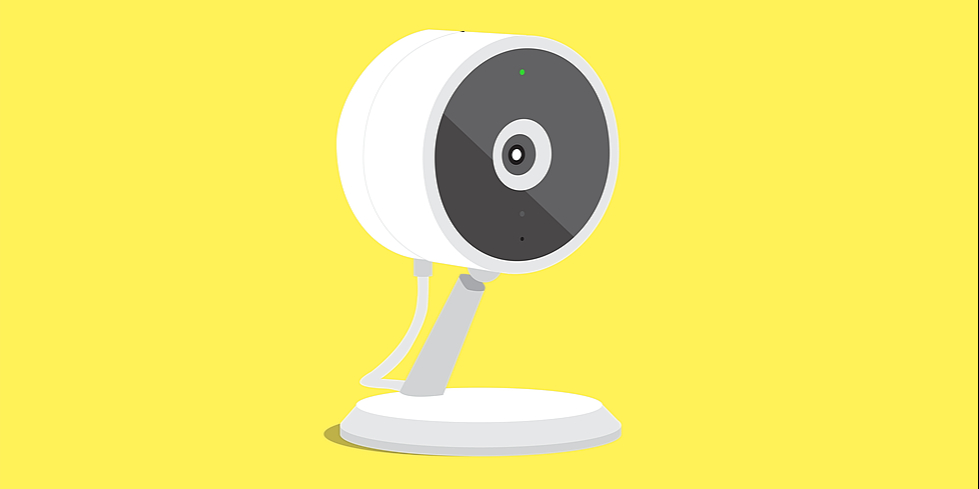 Amazon has developed a reputation for delivering some of the lowest prices for all types of products, and one of the best delivery systems in the world. Part of what makes this possible is Amazon’s extensive use of people’s data. We’re taking a look at which information Amazon collects and how it collects that information.
Amazon has developed a reputation for delivering some of the lowest prices for all types of products, and one of the best delivery systems in the world. Part of what makes this possible is Amazon’s extensive use of people’s data. We’re taking a look at which information Amazon collects and how it collects that information.
35. Is Women’s Data Safe in a Post-Roe v Wade America?
 Can women be prosecuted for Googling “abortion pills”? The TL;DR: women who are looking to end their pregnancy in the US have cause for concern.
Can women be prosecuted for Googling “abortion pills”? The TL;DR: women who are looking to end their pregnancy in the US have cause for concern.
36. What's in Store for Privacy and Personal Data Protection in 2022?
 2021 saw many advancements in internet privacy, what does 2022 have in store?
2021 saw many advancements in internet privacy, what does 2022 have in store?
37. What an IP Address Can Reveal About You
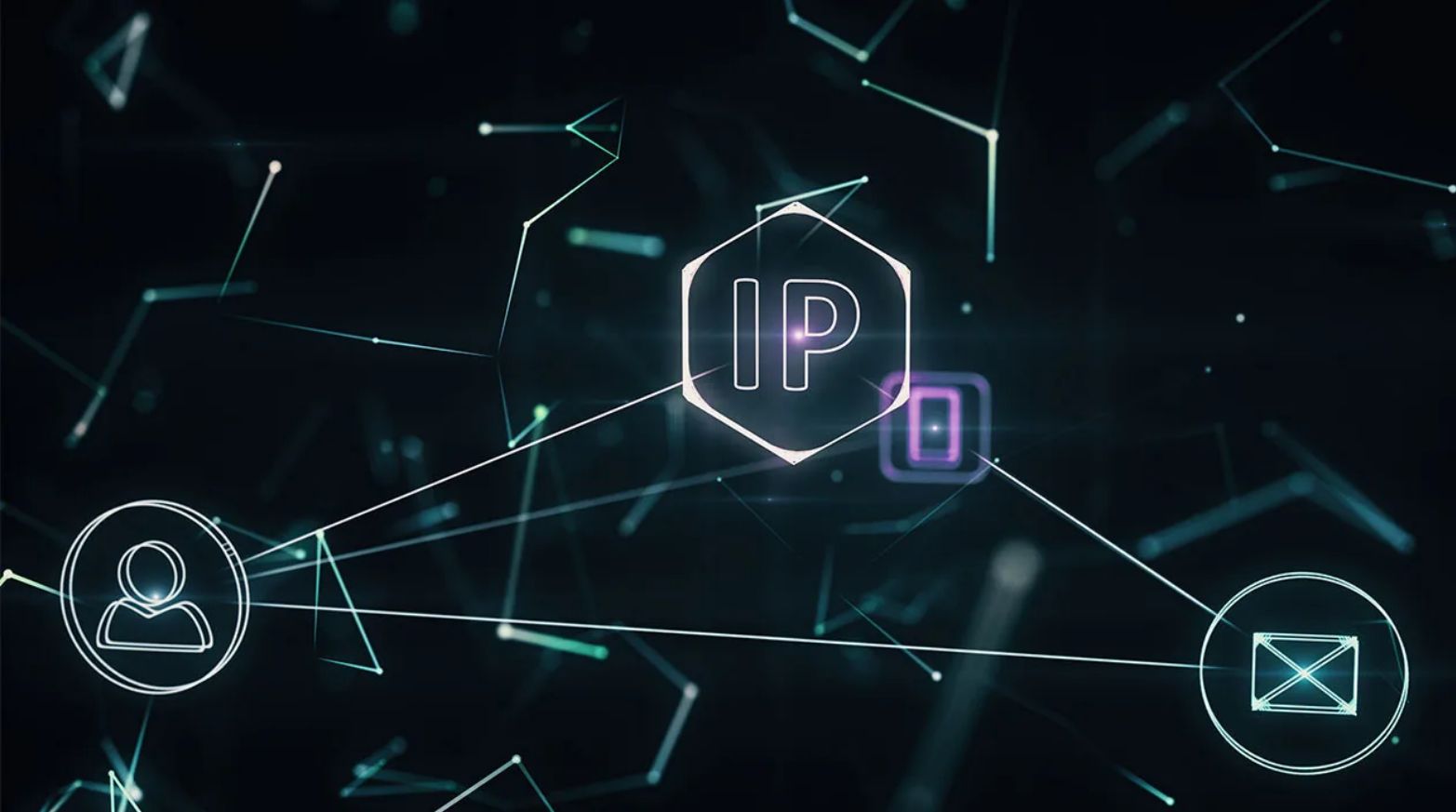 Is it possible to trace an IP ? To what extent does it reveal your physical location? How to prevent your IP from being tracked? Let's learn more about IP.
Is it possible to trace an IP ? To what extent does it reveal your physical location? How to prevent your IP from being tracked? Let's learn more about IP.
38. Keeping Your Privacy Secure in a Digital Jungle
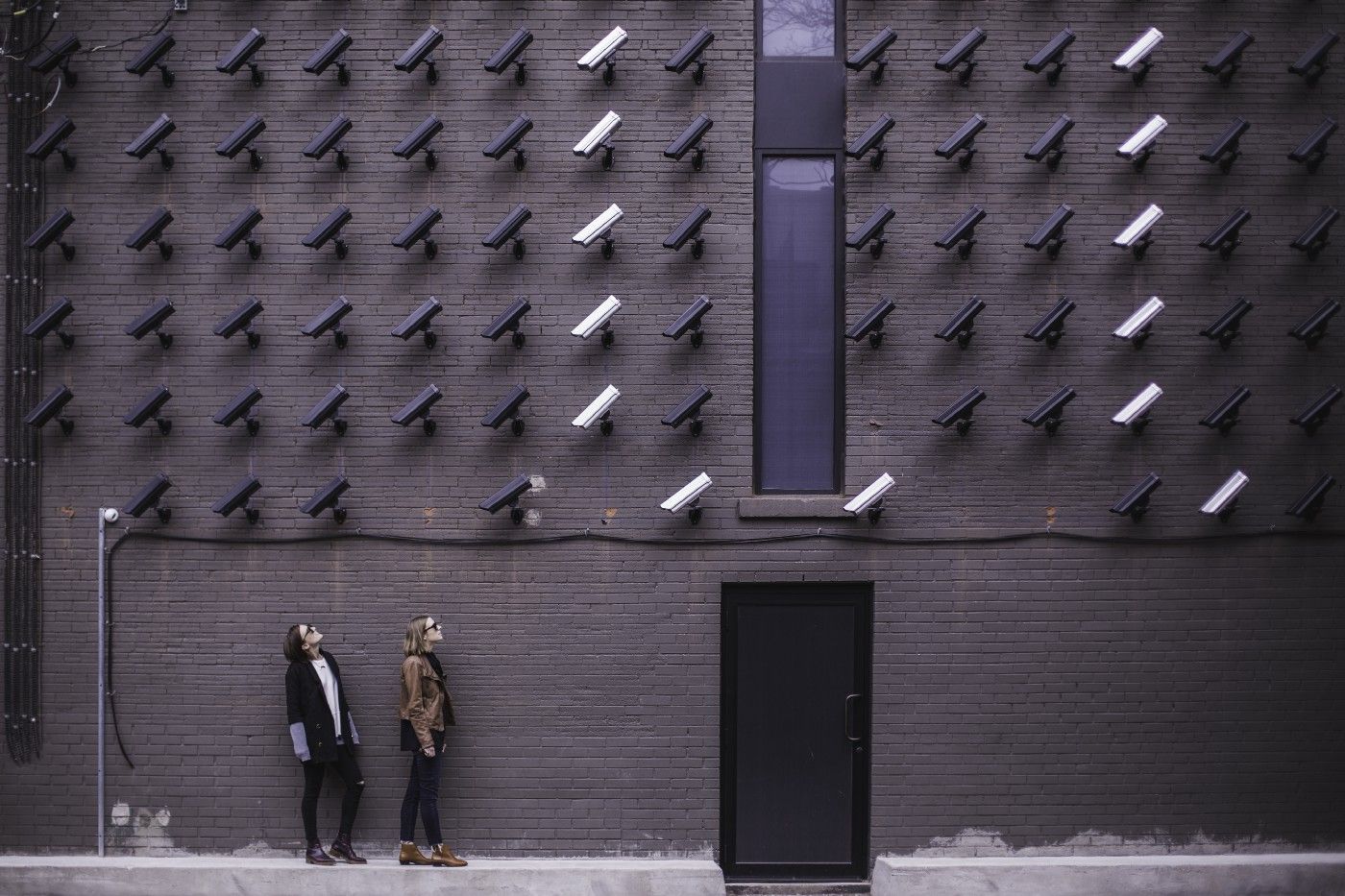 Privacy, cybersecurity and safety in the world of Social Media and constant surveillance. How can you protect yourself from the digital dangers?
Privacy, cybersecurity and safety in the world of Social Media and constant surveillance. How can you protect yourself from the digital dangers?
39. Privacy Protection: How Secure is Telegram Messenger?
 Is Telegram messenger secure enough for private messages and group chats? Can Telegram protect the privacy of users? We did research on this.
Is Telegram messenger secure enough for private messages and group chats? Can Telegram protect the privacy of users? We did research on this.
40. Have Your Privacy Cake on Android and Eat it Too
 How to set up your Android phone to provide ultimate privacy while also letting you use the latest applications.
How to set up your Android phone to provide ultimate privacy while also letting you use the latest applications.
41. California's Current Privacy Rights Under CCPA
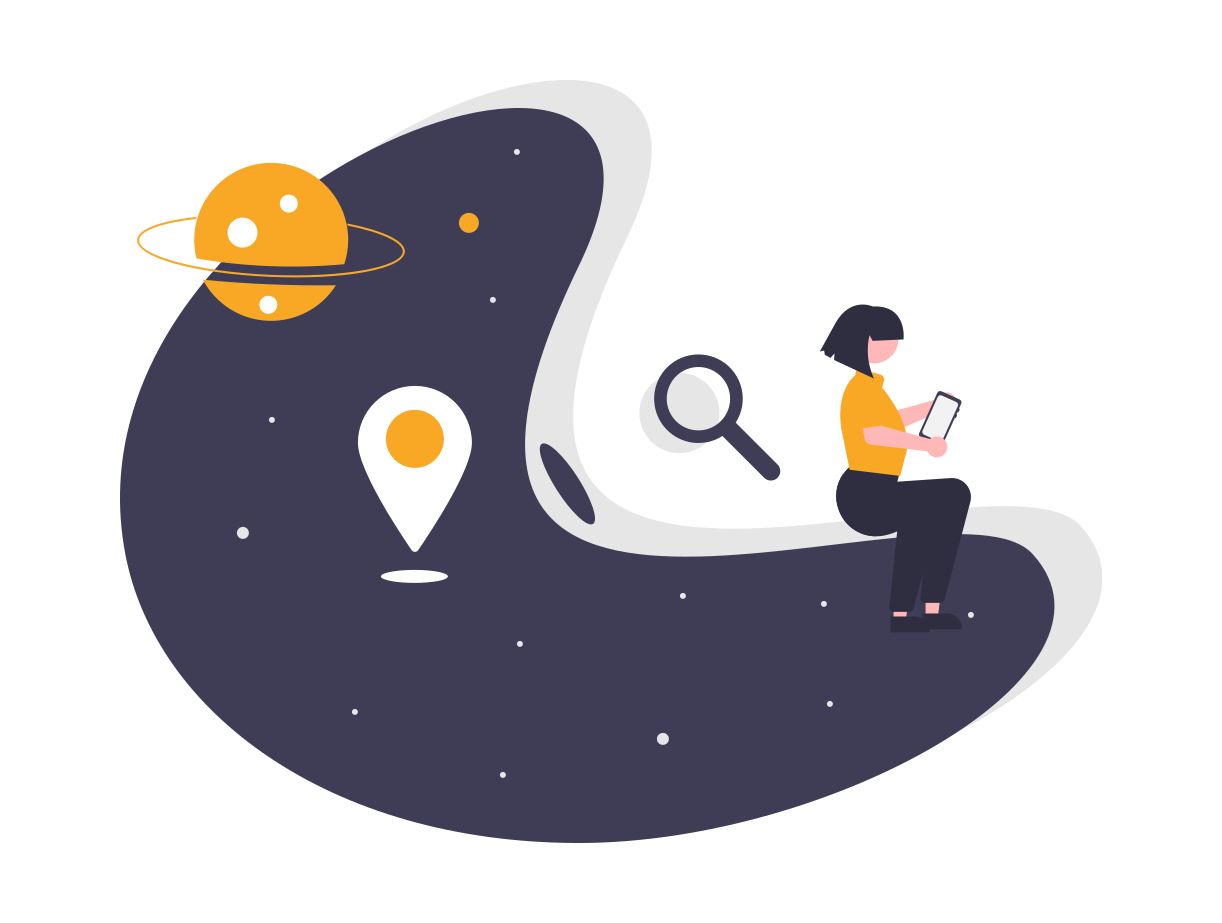 California recently passed a sweeping privacy law that makes it the most privacy forward state in the nation. But, until it gets implemented, there is this thing privacy framework (the CCPA) is the law of the land.
California recently passed a sweeping privacy law that makes it the most privacy forward state in the nation. But, until it gets implemented, there is this thing privacy framework (the CCPA) is the law of the land.
42. Plausible is Paving the Way for Ethical Analytics
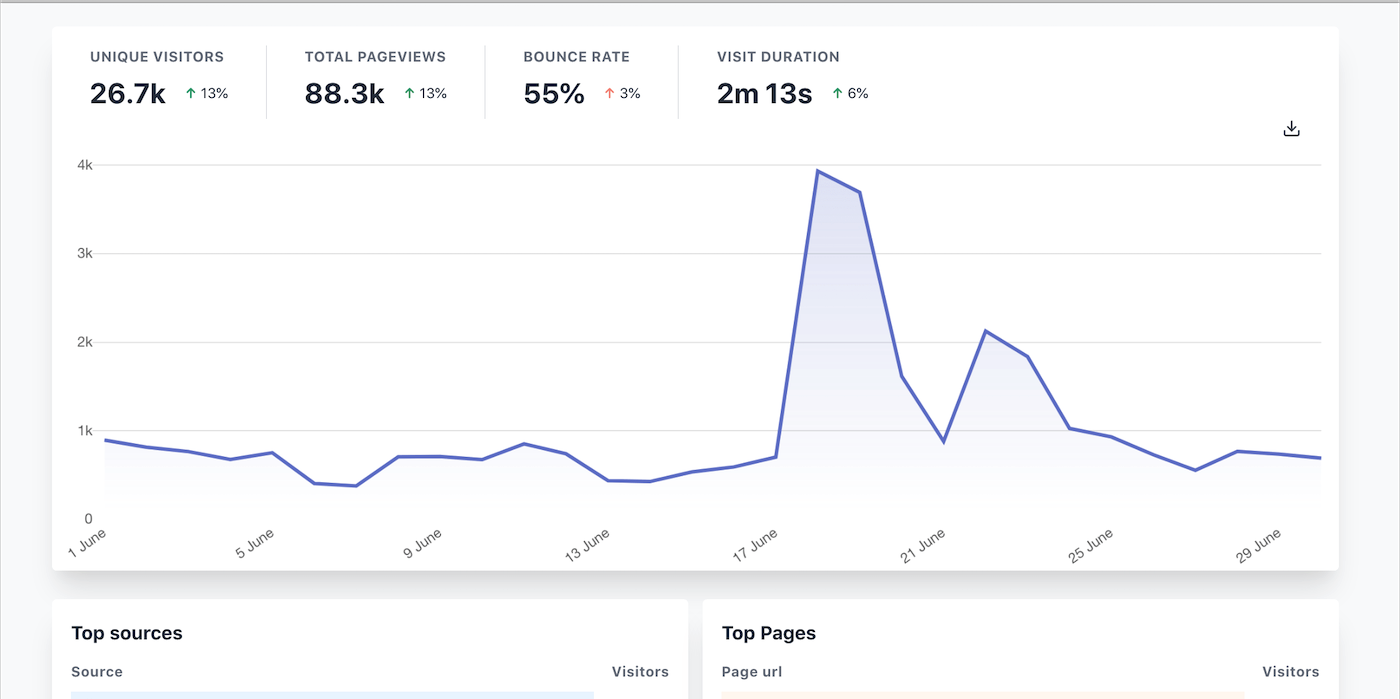 One of the trickiest things for companies or really anyone running a website is figuring out the success of their site, how many visits they are getting, and how they got them, while at the same time respecting their visitor’s privacy.
One of the trickiest things for companies or really anyone running a website is figuring out the success of their site, how many visits they are getting, and how they got them, while at the same time respecting their visitor’s privacy.
43. Is Incognito Mode as Safe as You Think?
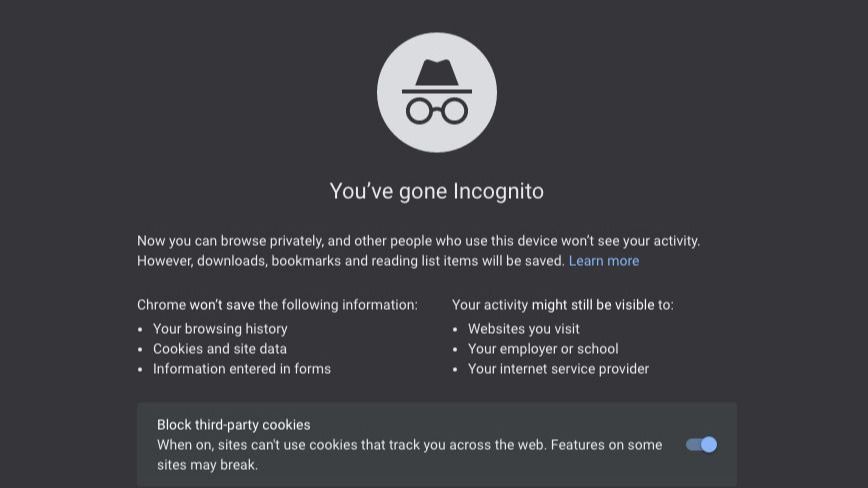 Browsing in incognito mode may seem like a good idea, but it is not as safe as you think. It still has certain limitations that can put your privacy at risk.
Browsing in incognito mode may seem like a good idea, but it is not as safe as you think. It still has certain limitations that can put your privacy at risk.
44. Proposition 24: What you Need to Know About Data Privacy America
 Californians have spoken: Proposition 24 will soon expand data privacy protections in the largest state in America.
Californians have spoken: Proposition 24 will soon expand data privacy protections in the largest state in America.
45. Internet Privacy Tools for 2019
 Updated - 01/13/20
Updated - 01/13/20
46. What Personal Details Are You Sharing Without Knowing?
 Unless you have changed your web browser default settings it is quite likely you are leaking personal details as you move around online. But just how much?
Unless you have changed your web browser default settings it is quite likely you are leaking personal details as you move around online. But just how much?
47. What Is a VPN and What Are Its Alternatives?
 Are VPNs really essential for an average user in 2021? Read on to find out about common issues with VPNs, as well as possible alternatives to them.
Are VPNs really essential for an average user in 2021? Read on to find out about common issues with VPNs, as well as possible alternatives to them.
48. Telegram VS WhatsApp VS Utopia
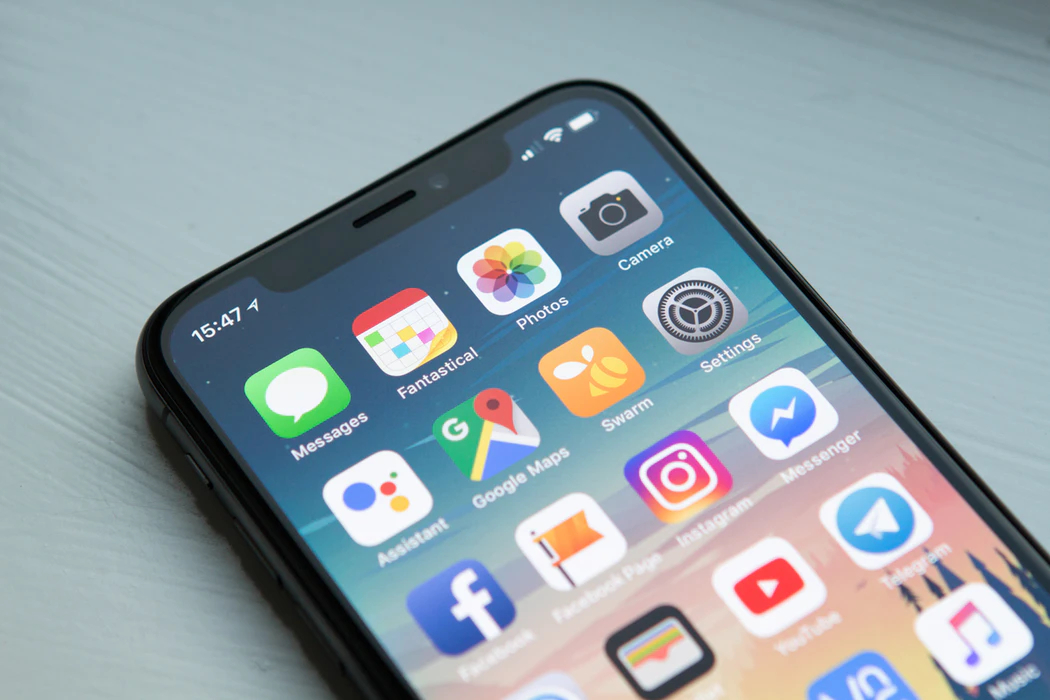 You can get confused in a wide variety of different messengers. Some apps offer versatility, others a user-friendly interface and others guarantee the privacy and security of users.
You can get confused in a wide variety of different messengers. Some apps offer versatility, others a user-friendly interface and others guarantee the privacy and security of users.
49. Re-thinking Digital Advertising in a User-First World
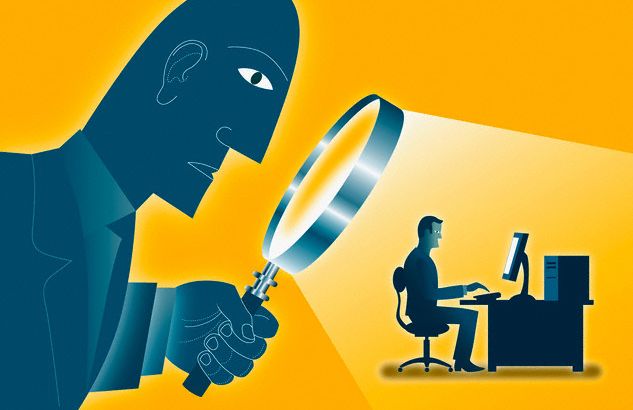 In order to start making money, user data started being used to serve ads. It was used to predict our future behaviors in order to predict which ads to serve.
In order to start making money, user data started being used to serve ads. It was used to predict our future behaviors in order to predict which ads to serve.
50. Why You Have No Choice But Care About Privacy?

51. Interview With Kristof De Spiegeleer: We Need a New Internet Which is Not Owned by a Few

52. Is Your Zoom Meeting Really End-to-End Encrypted?
 What do you do when your product isn’t encrypted? Change how encryption to is commonly understood.
What do you do when your product isn’t encrypted? Change how encryption to is commonly understood.
53. Long "Unbiased" VPN Reviews That Give You The Short End of the Stick [Deep Dive]

54. Exploring 3 Drawbacks To VPN Usage: Do VPNs Really Protect Your Privacy?
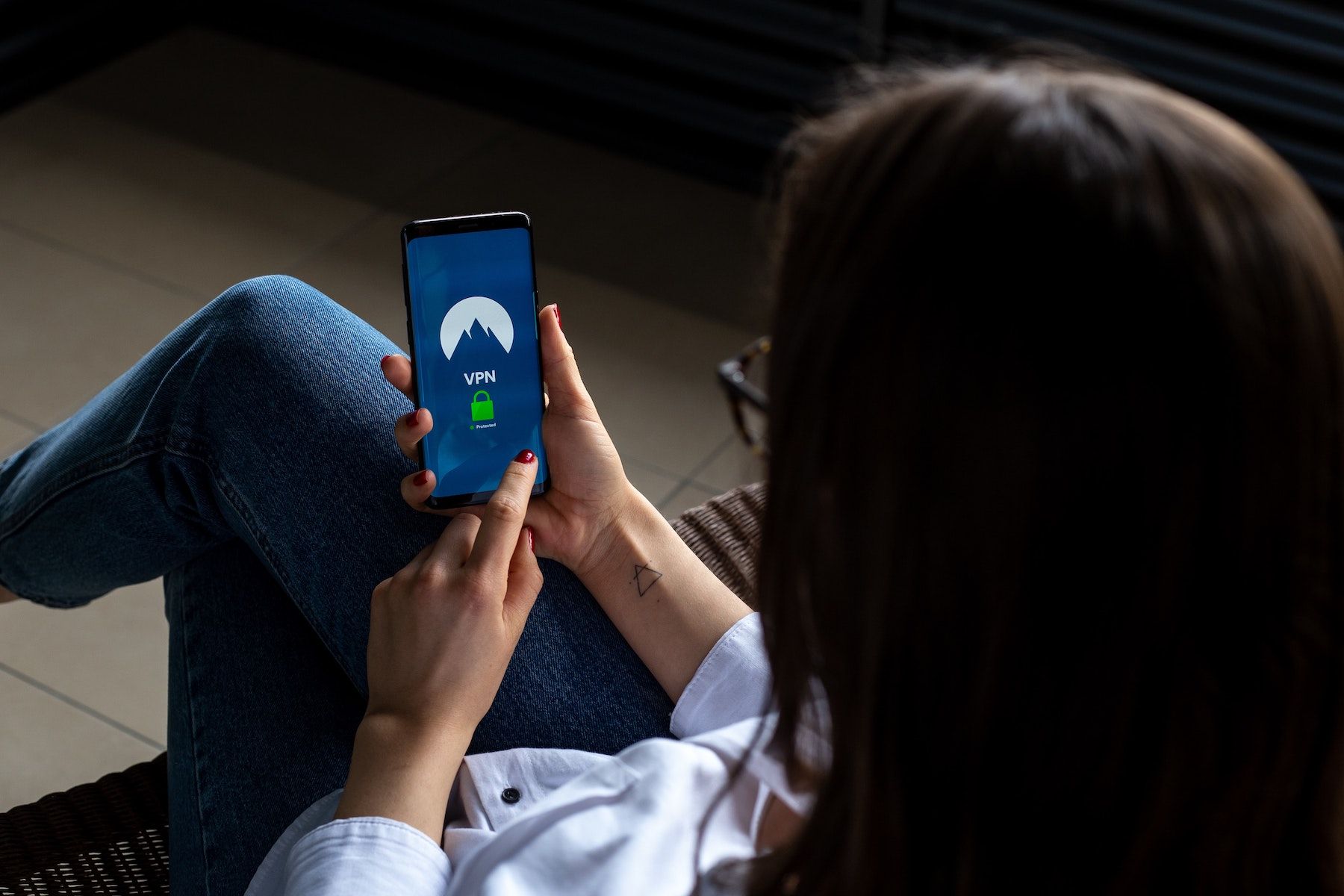 Let’s take a look at the three key issues associated with Virtual Private Networks while questioning whether they’re really as private as we’re led to believe.
Let’s take a look at the three key issues associated with Virtual Private Networks while questioning whether they’re really as private as we’re led to believe.
55. Keeping Your Smartphone Data Safe in the Age of Remote Work
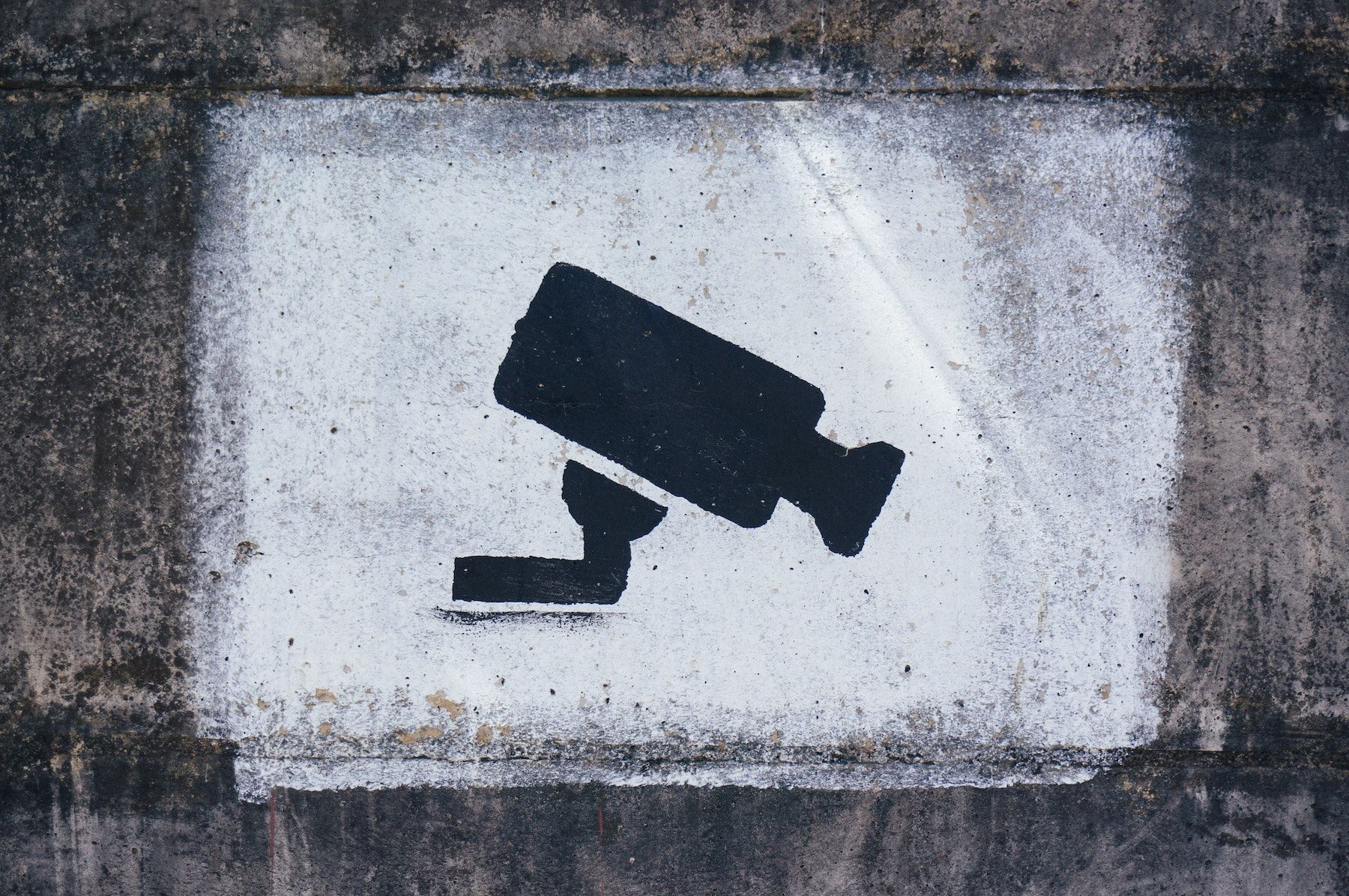 Let’s take a look at how businesses can encourage employees to better look after their data securely while on the go.
Let’s take a look at how businesses can encourage employees to better look after their data securely while on the go.
56. What are the Cypherpunks Fighting For?
 Cypherpunks hold an ideology that states that privacy is an essential component of freedom and without privacy, one cannot have true freedom of speech.
Cypherpunks hold an ideology that states that privacy is an essential component of freedom and without privacy, one cannot have true freedom of speech.
57. The Coronavirus Cover-Up: A Closer Look At Internet Censorship in China

58. Have You Contacted Your Reps to Help Block the EARN IT Act Yet?
 As the world finds itself preoccupied with COVID-19, the United States government is trying to pass a law to ban encryption. It's called the EARN IT act, and while it claims to combat the sexual exploitation of children online, it has potentially devastating repercussions for encryption and companies that use it to protect your privacy online.
As the world finds itself preoccupied with COVID-19, the United States government is trying to pass a law to ban encryption. It's called the EARN IT act, and while it claims to combat the sexual exploitation of children online, it has potentially devastating repercussions for encryption and companies that use it to protect your privacy online.
59. We've Mistaken Facebook For What It's Not
 Image Credit: Wallpapercave
Image Credit: Wallpapercave
60. De-Google-ify Your Website [A How-To Guide]
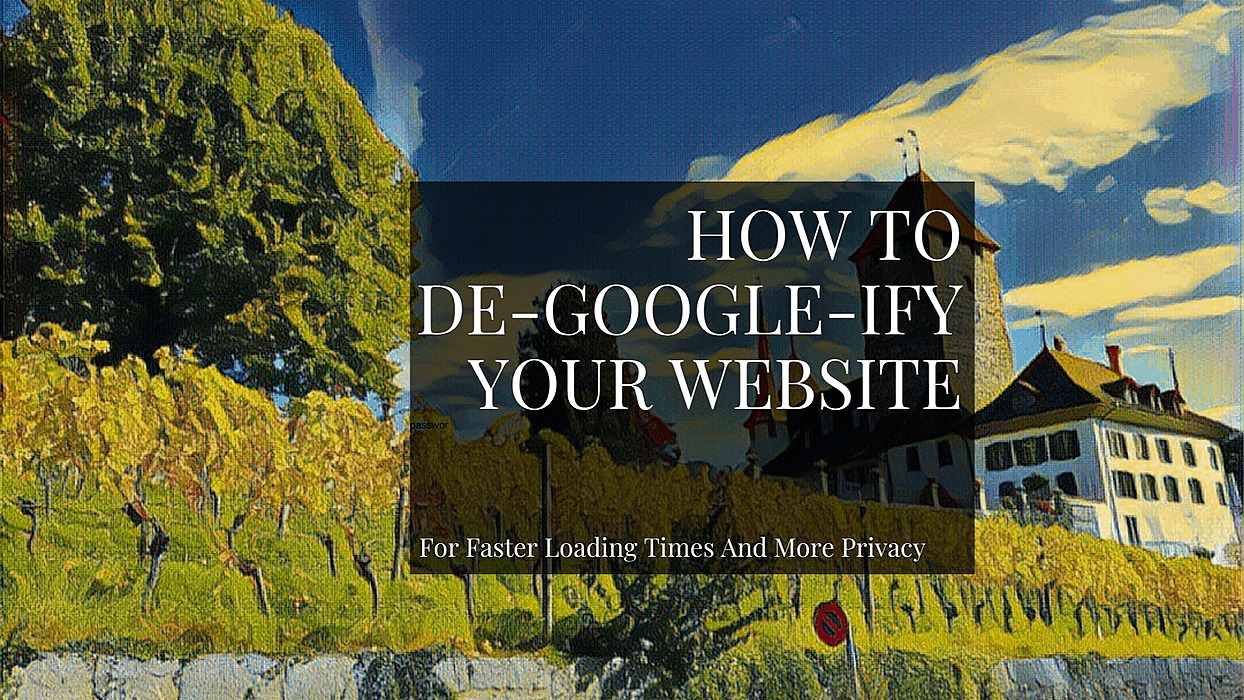 Did you know that 94% of sites include at least one third-party resource while the median page requests content from 9 different domains? These third-party resources represent 35% of the total network activity and 7 of the 10 most used resources are owned by Google.
Did you know that 94% of sites include at least one third-party resource while the median page requests content from 9 different domains? These third-party resources represent 35% of the total network activity and 7 of the 10 most used resources are owned by Google.
61. The Case for The Defence: Securing The Future With VPN Technology
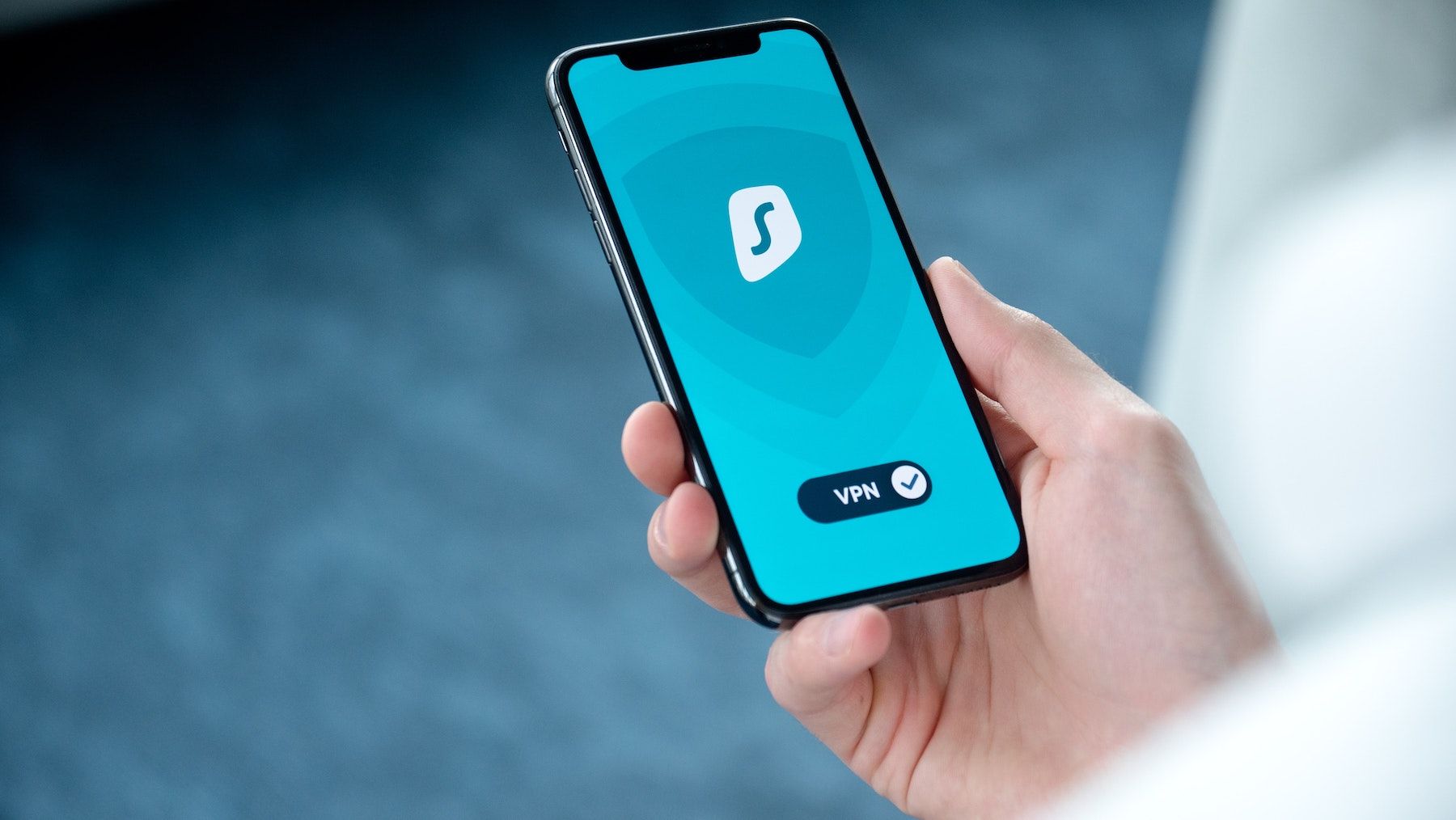 According to statistics, hackers attack every 39 seconds - at a rate of 2,244 times each day. As the world begins to brace itself for another year set to be disrupted by Covid complications and more working from home, it seems essential that we do what we can to make sure our devices are as secure as possible as we work, study, and play away using our own servers.
According to statistics, hackers attack every 39 seconds - at a rate of 2,244 times each day. As the world begins to brace itself for another year set to be disrupted by Covid complications and more working from home, it seems essential that we do what we can to make sure our devices are as secure as possible as we work, study, and play away using our own servers.
62. What Will Happen to The Marketing Industry After Third-Party Cookies Are Eliminated?
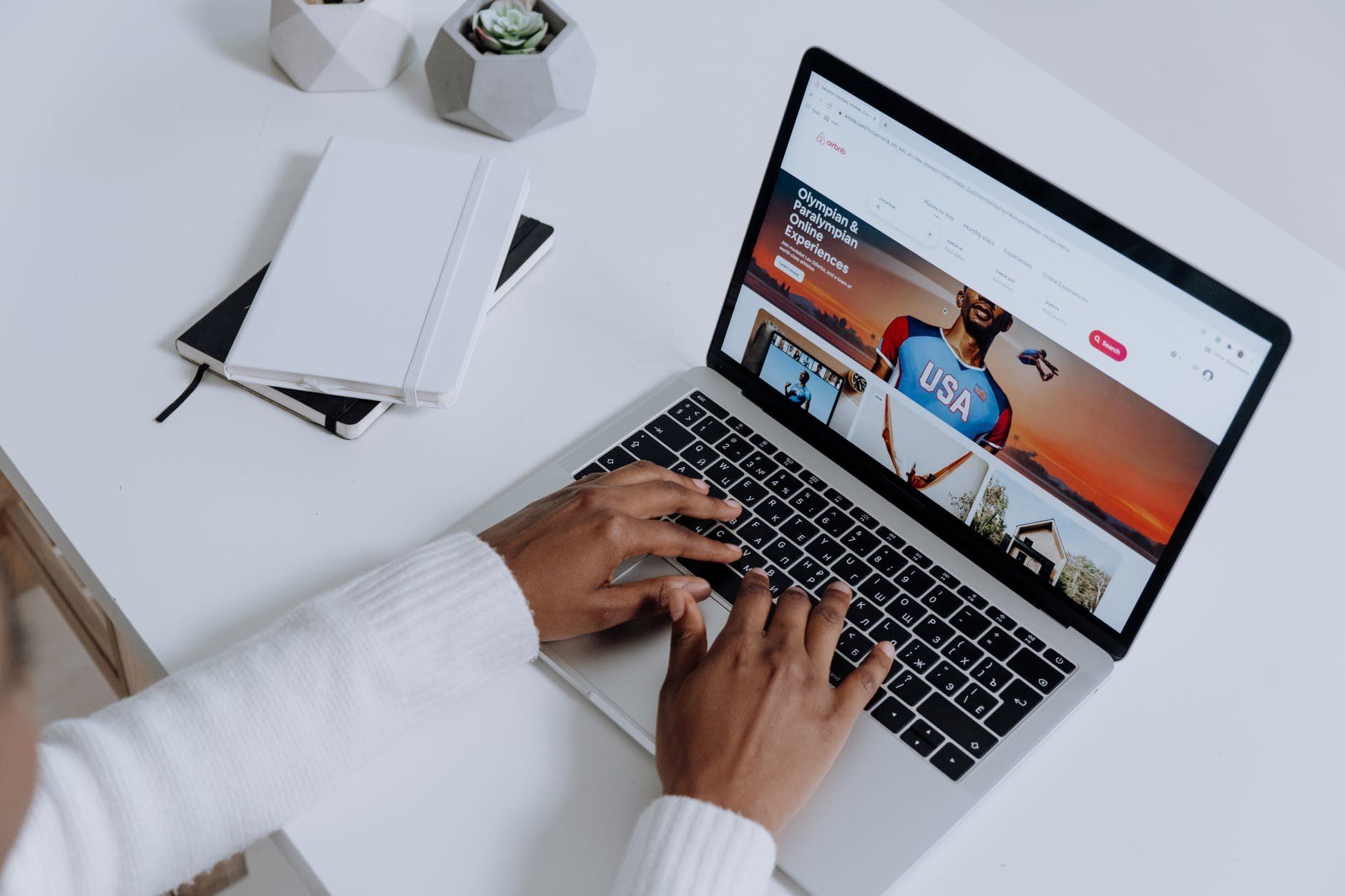 By 2022, Google plans to entirely eliminate third-party cookie tracking in Chrome browser. The post-cookie AtTech market is shaking up — here is what to expect.
By 2022, Google plans to entirely eliminate third-party cookie tracking in Chrome browser. The post-cookie AtTech market is shaking up — here is what to expect.
63. The Problem with Centralized Internet
 Corporations' increasing control over the internet is threatening our digital freedom. Let's try and learn why decentralized internet is the future.
Corporations' increasing control over the internet is threatening our digital freedom. Let's try and learn why decentralized internet is the future.
64. Are Zoom's Encryption Claims Deceptive?
 What do you do when your product isn’t encrypted? Change how encryption to is commonly understood.
What do you do when your product isn’t encrypted? Change how encryption to is commonly understood.
65. How We Pay For Free Websites With Our Privacy
 An array of free website-building tools, many offered by ad-tech and ad-funded companies, has led to a dizzying number of trackers loading on users’ browsers.
An array of free website-building tools, many offered by ad-tech and ad-funded companies, has led to a dizzying number of trackers loading on users’ browsers.
66. It's Time to Normalize Speaking Out About Internet Safety
 GIVE Nation marks Safer Internet Day with a conversation around privacy, particularly for parents.
GIVE Nation marks Safer Internet Day with a conversation around privacy, particularly for parents.
67. Bits and Bytes and Data Delights
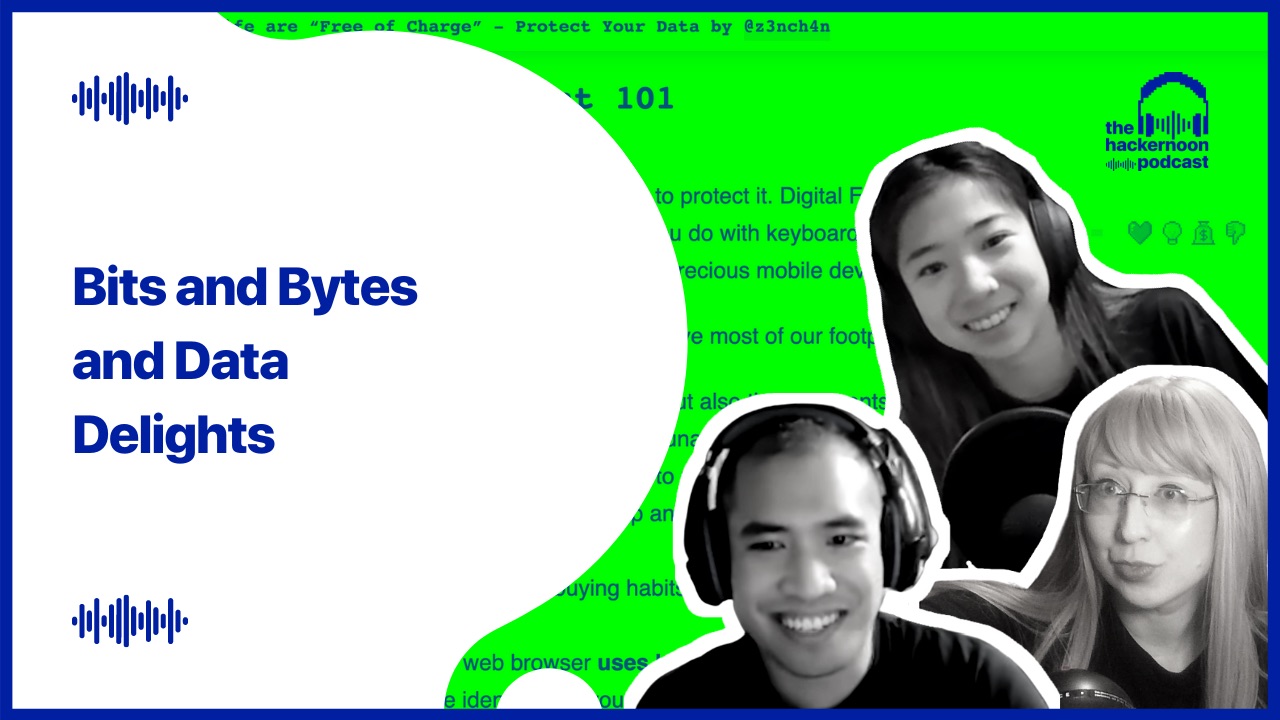 Limarc Ambalina, Ellen Stevens, and Amy Tom chat about data privacy ☠️ Humans are in loooove with the internet, and data production is becoming more rampant and
Limarc Ambalina, Ellen Stevens, and Amy Tom chat about data privacy ☠️ Humans are in loooove with the internet, and data production is becoming more rampant and
68. How Decentralized Can We Get in The Modern World? (Podcast Transcript)
 In this episode, Amy & Sharmini (CMO at Mysterium Network) chat about whether it's possible to achieve anonymity and decentralization from the modern Internet.
In this episode, Amy & Sharmini (CMO at Mysterium Network) chat about whether it's possible to achieve anonymity and decentralization from the modern Internet.
Thank you for checking out the 68 most read stories about Internet Privacy on HackerNoon.
Visit the /Learn Repo to find the most read stories about any technology.

